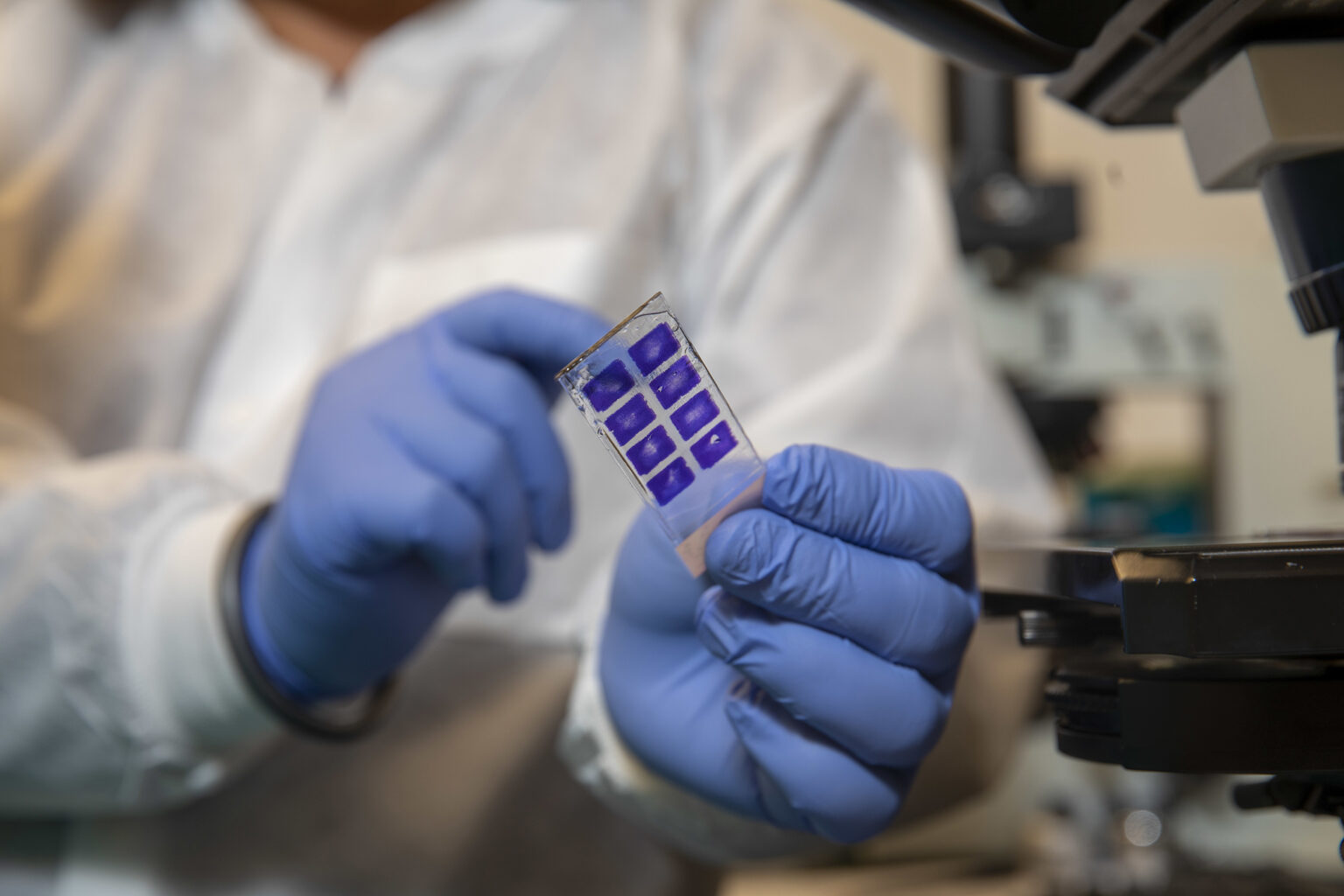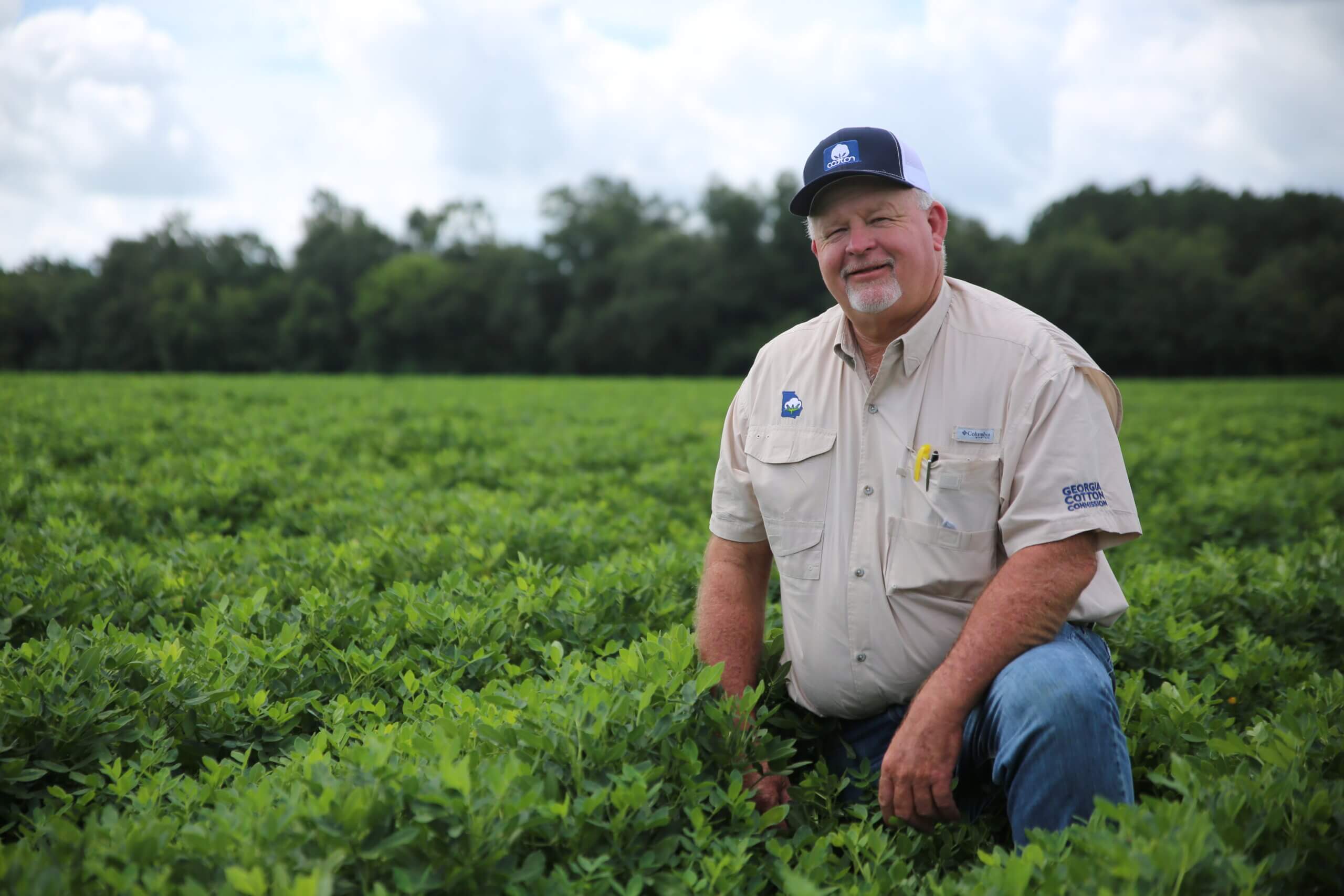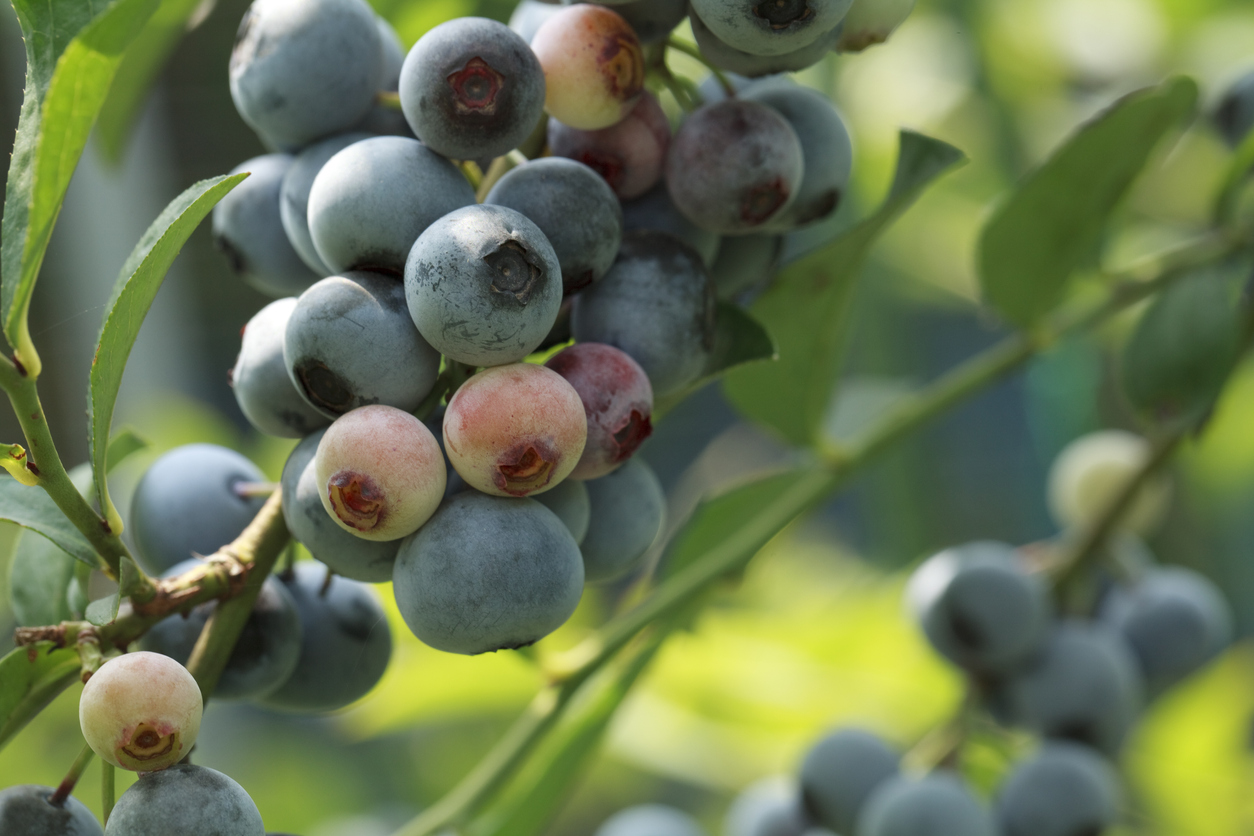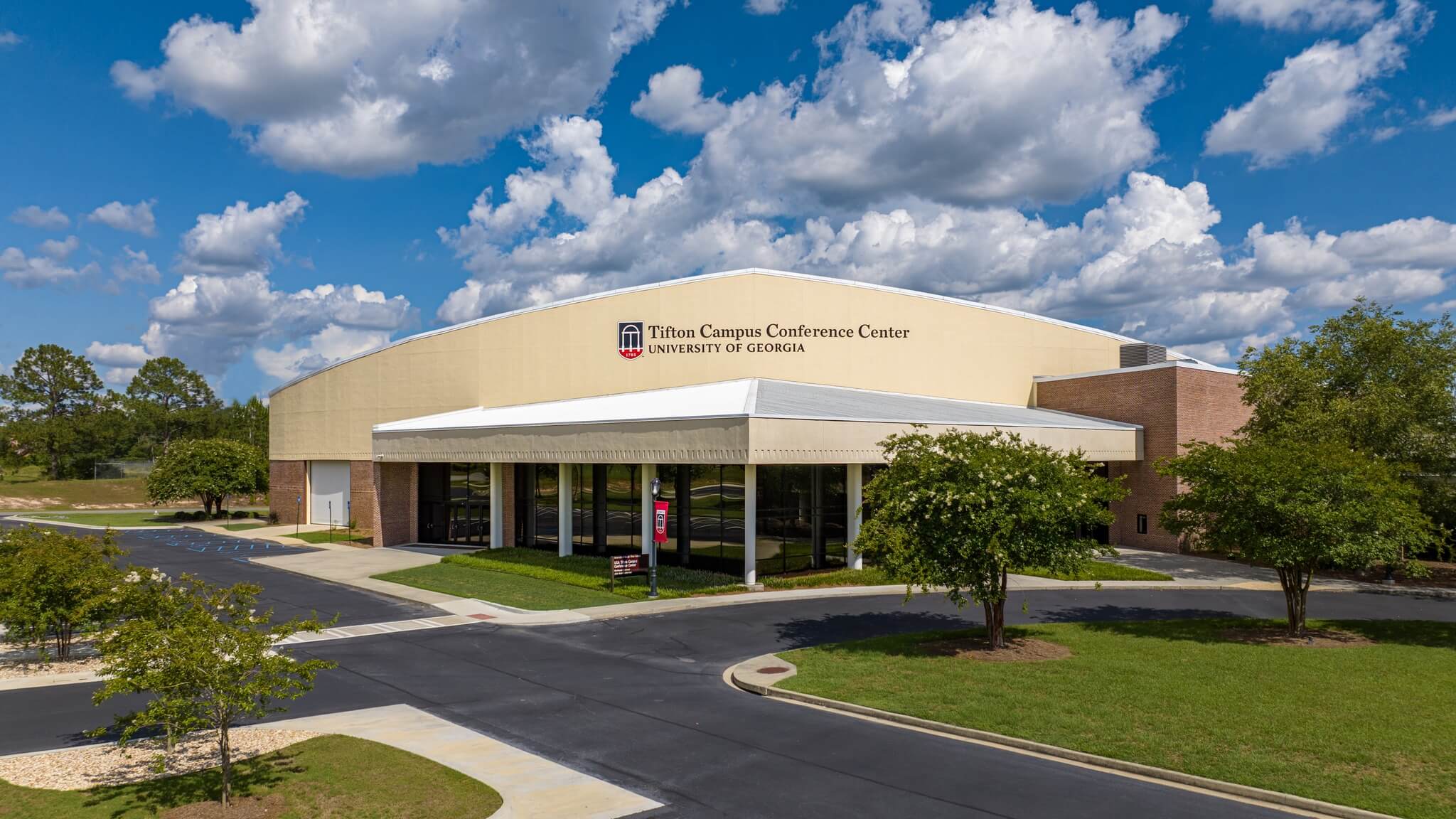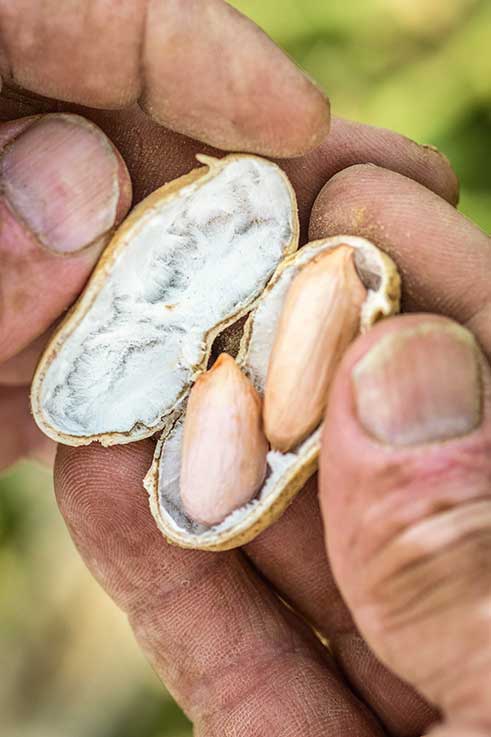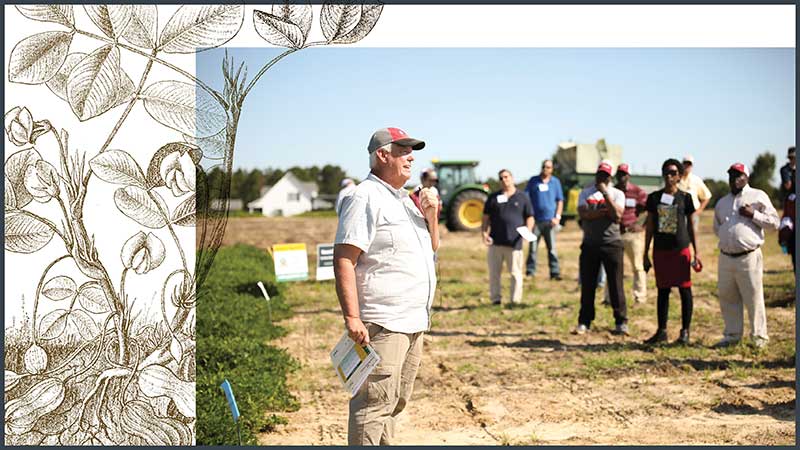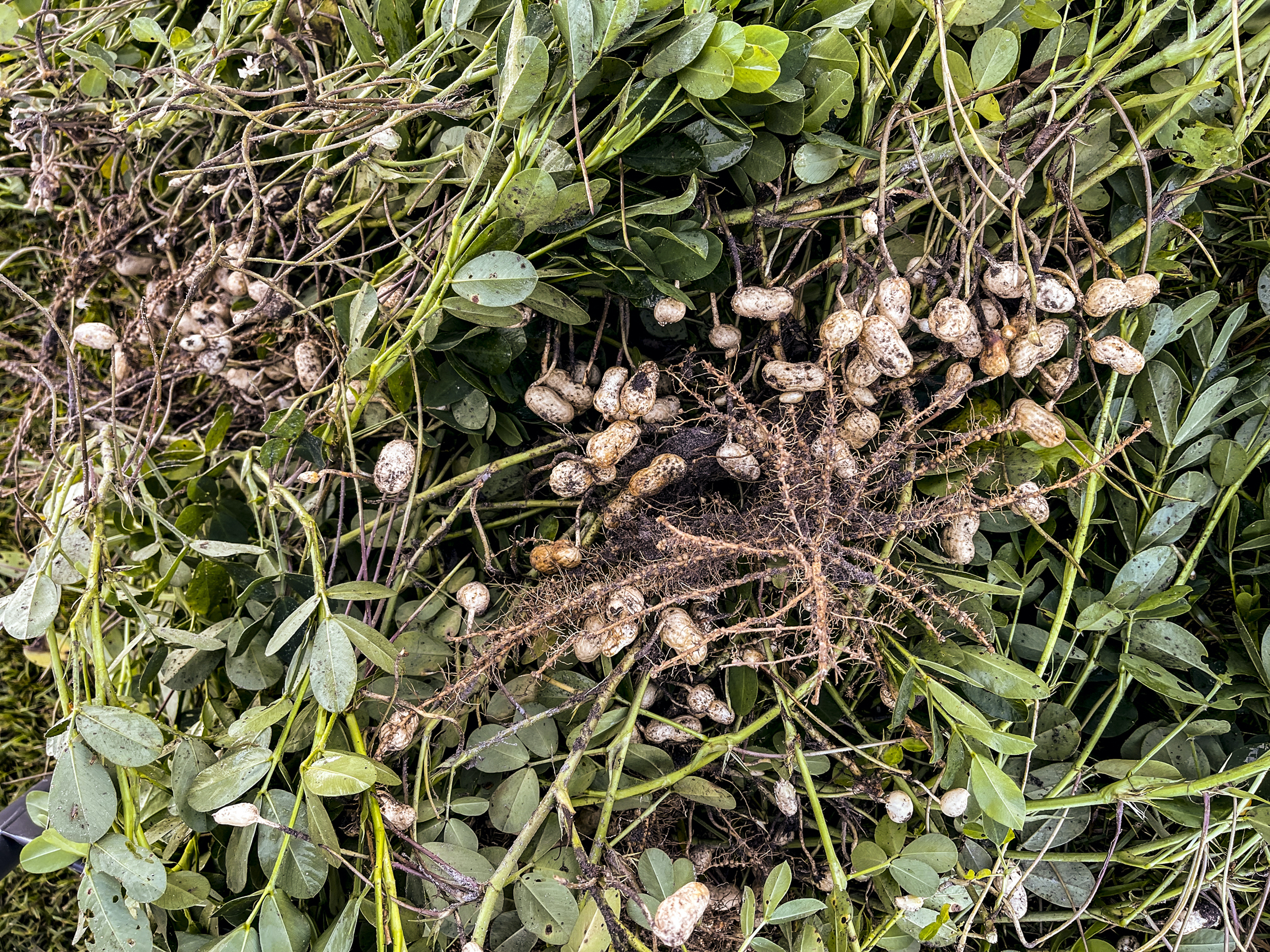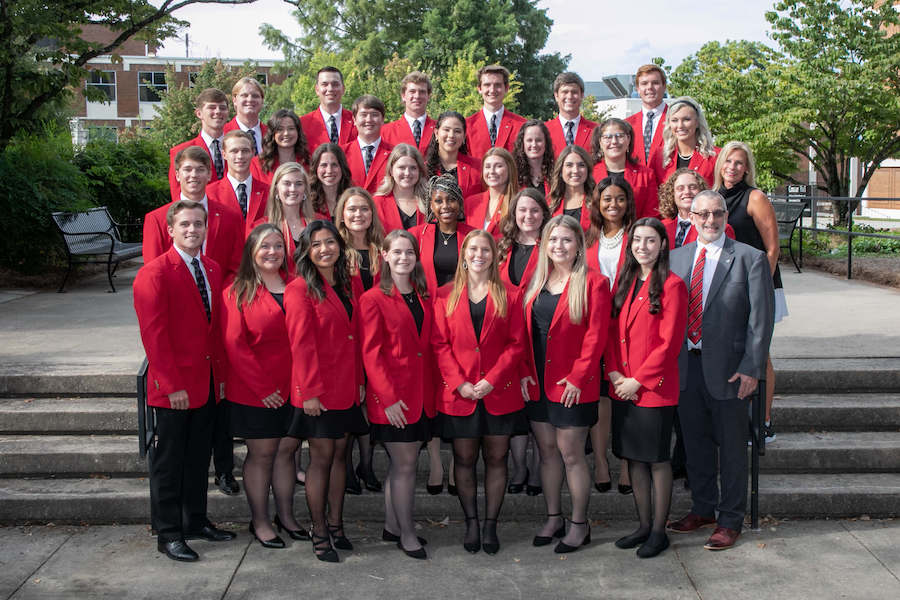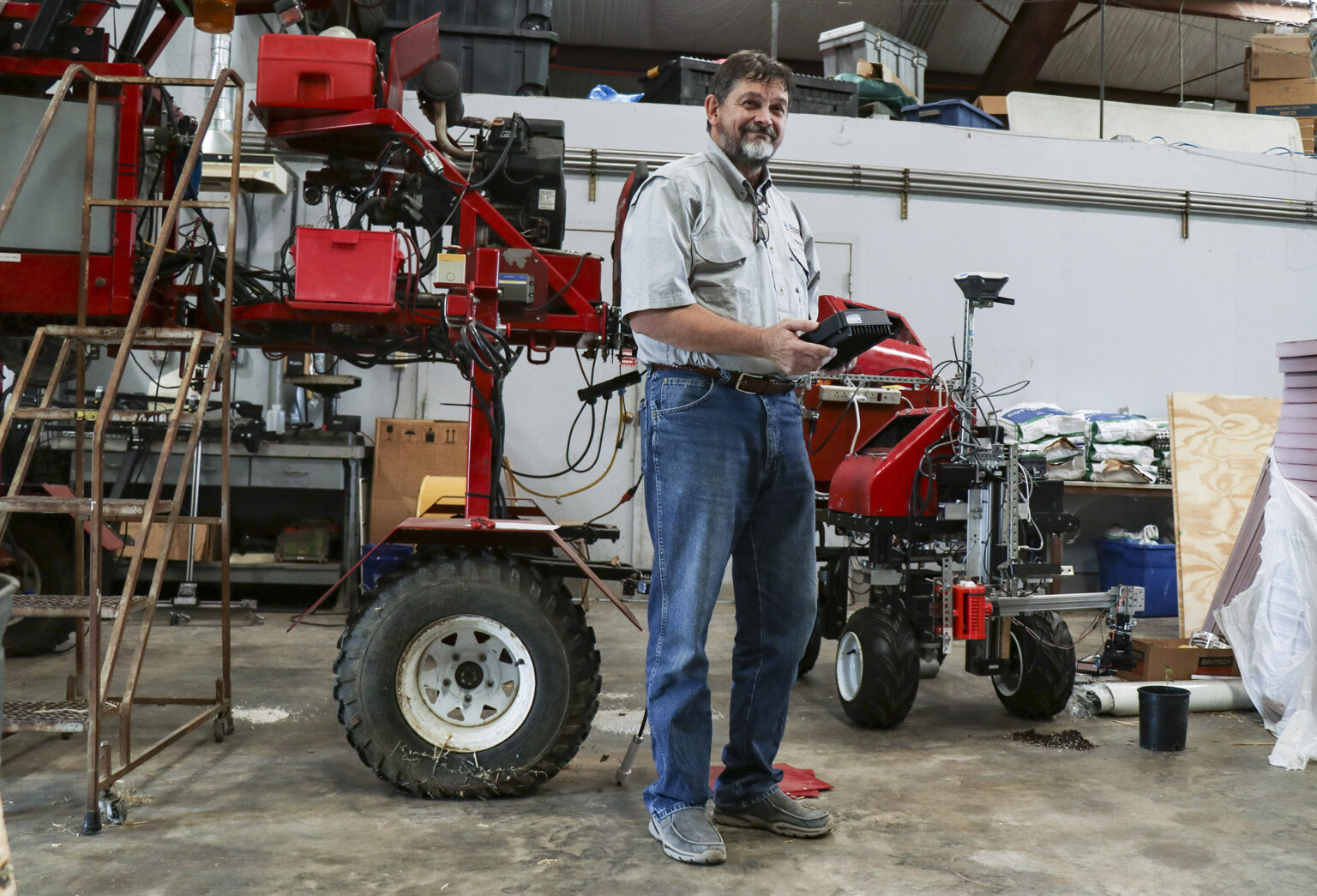 CAES News
CAES News
4D Farm
Researchers at the University of Georgia College of Agricultural and Environmental Sciences have been awarded nearly $4 million from the U.S. Department of Agriculture’s National Institute of Food and Agriculture to develop a climate-smart “4-D Farm.”

.jpg)
